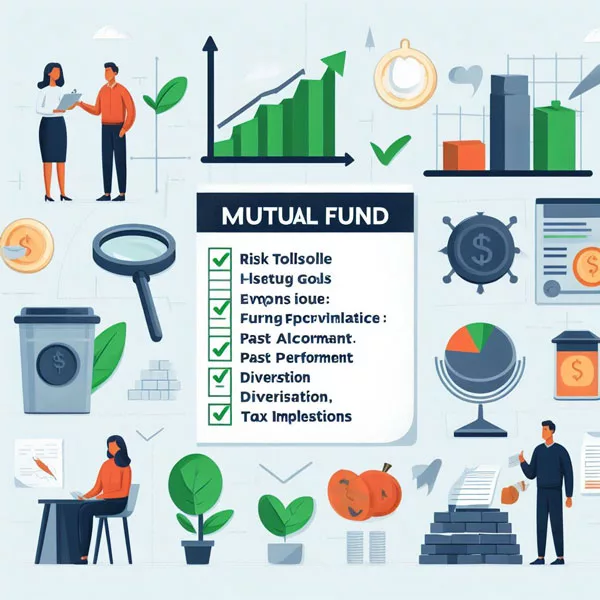Unlocking Investment Strategies for the Golden Years: A Guide for Seniors
Table of Contents
Introduction
Investment strategies are not just for Wall Street whiz kids; they’re for everyone, especially us seasoned citizens who’ve been around the block a few times. Ever wondered how to keep that nest egg not just intact but growing?
Well, you’re in the right place. Today, we’re diving deep into investment strategies tailored just for you. So grab a cup of coffee—or a martini; we’re not judging—and let’s get started.
The Basics: What Are Investment Strategies?
Investment strategies are essentially game plans for your money. Think of it as a playbook for how to allocate your funds to different types of investments like stocks, bonds, or real estate.
And let’s face it, as we age, our playbook needs a little updating. Gone are the days of risky ventures; it’s time for stable, reliable strategies that offer a good return.
Best Retirement Portfolio for a 65-Year-Old
So you’ve hit the big 6-5 and are either thinking of retiring or have already taken the plunge. Congratulations! Now, what to do with that retirement fund?
A balanced portfolio at this age might include a mix of stocks, bonds, and perhaps some real estate. The key is diversification—don’t put all your eggs in one basket, or all your money in one stock, as Grandma used to say.
Investing at 70: How to Make Your Money Work for You
Turning 70 doesn’t mean you turn off your brain or your ambitions. If you’ve got $100k sitting around, it’s not too late to invest.
Consider lower-risk options like bonds or even annuities that offer a guaranteed income. And hey, if you’re feeling adventurous, a small percentage in stocks isn’t a bad idea either.
The 75-Year-Old Investor: What You Need to Know
At 75, you’re still spry and savvy, but maybe you’re thinking it’s time to play it even safer. This is where fixed-income securities like bonds or Treasury notes come in handy.
They offer a steady income and are generally lower risk. But don’t rule out other investments; a little diversification can still go a long way.
Investing Beyond 80: A Guide for the 85-Year-Old Investor
Who says you can’t teach an old dog new tricks? At 85, you might be more interested in preserving your wealth and possibly leaving a legacy.
This is where estate planning and safer, more conservative investment options come into play. Think about certificates of deposit (CDs) or even money market accounts.
Investment Strategy by Age: A Comparative Look
Age is just a number, but when it comes to investing, that number can be quite telling. Younger seniors might be more inclined to take moderate risks, while those in their 80s and beyond may prefer more conservative options.
The key is to adjust your strategy as you age, always keeping an eye on your financial goals.
Why Starting a Blog About Your Investment Journey is a Good Idea
Ever thought about sharing your financial wisdom with the world? Starting a blog could be a great way to do that.
And let’s spill the tea; it’s 2023, and blogging is one of the easiest ways to make some extra cash. So why not monetize that lifetime of experience?
Conclusion
Investing in your golden years doesn’t have to be a daunting task. With the right strategy, you can continue to grow your wealth and enjoy a comfortable retirement.
So go ahead, take that first step, and remember, you’re not just getting older; you’re getting richer!
Frequently Asked Questions
Is it too late to start investing at 70?
Absolutely not! The saying “better late than never” holds true here. While your investment approach may be more conservative compared to someone in their 40s, there are plenty of safe and rewarding investment options for you.
What are the safest investment options for seniors?
Bonds, Treasury notes, and annuities are generally considered safe options. However, it’s crucial to consult with a financial advisor to tailor an investment strategy that suits your individual needs and risk tolerance.
How can I diversify my portfolio?
Diversification is the spice of investment life! You can diversify by investing in different asset classes like stocks, bonds, and real estate. Within each asset class, you can further diversify by choosing different sectors, industries, or regions.
What’s the deal with annuities?
Annuities can provide a guaranteed income stream, making them a popular choice among seniors. However, they can be complex and come with fees, so make sure you understand the terms and consult a financial advisor.
Should I manage my investments myself or hire a financial advisor?
Both options have their pros and cons. Managing your investments can save you money on fees but requires time and expertise.
Hiring a financial advisor offers professional guidance but comes at a cost. Consider your own comfort and skill level when making this decision.
How often should I review my investment strategy?
At least once a year is a good rule of thumb. However, significant life changes like retirement, illness, or a big move may warrant a more immediate review.
Can I still invest in stocks as a senior?
Yes, you can! While you may want to limit riskier stocks, a well-balanced portfolio can include some stock investments to offer growth potential.
What about investing in real estate at an older age?
Real estate can be a good investment at any age, but it’s essential to consider factors like property management and liquidity, especially as you get older.
How do taxes impact my investment choices?
Taxes can take a bite out of your returns, so consider tax-efficient investment options like Roth IRAs or tax-free bonds. Always consult a tax advisor for personalized advice.
Any tips for investing small amounts?
Even small investments can grow over time thanks to the magic of compound interest. Consider low-cost index funds or ETFs if you’re starting with a smaller sum.
Is it too late to start investing at 70?
Absolutely not! It’s never too late to start investing; you just need to adjust your strategy to suit your age and risk tolerance.
What are the safest investment options for seniors
Bonds, Treasury notes, and annuities are generally considered safe options. But remember, always consult a financial advisor before making any significant investment decisions.
How can I diversify my portfolio?
Diversification can be achieved by investing in different asset classes like stocks, bonds, and real estate. You can also diversify within each asset class.








